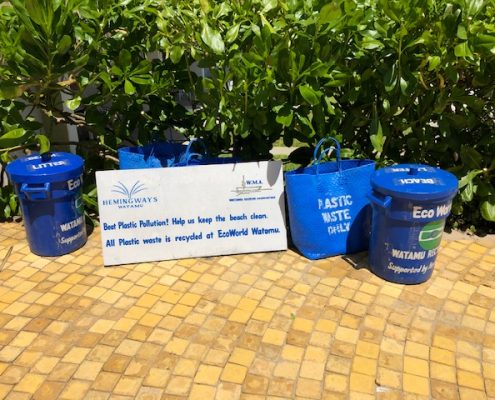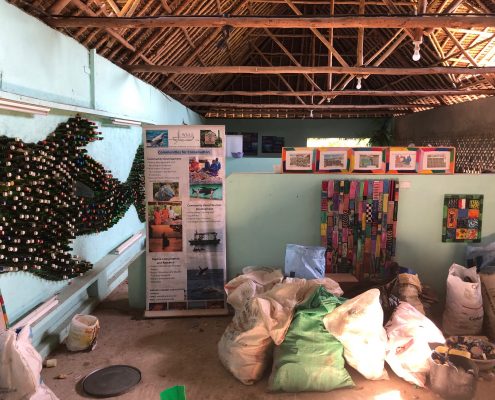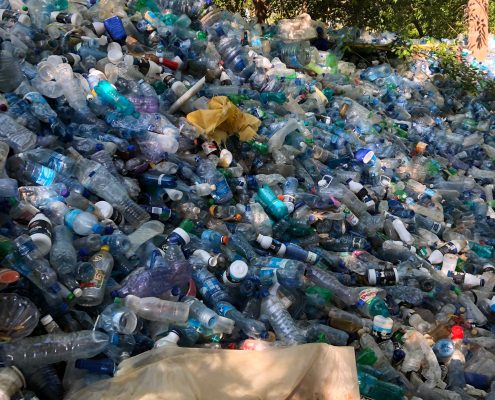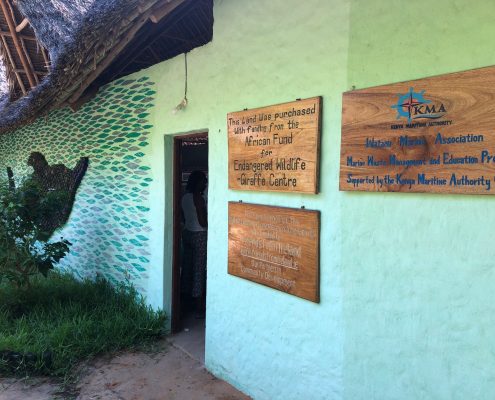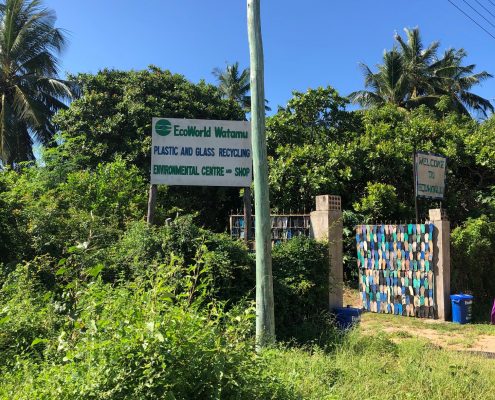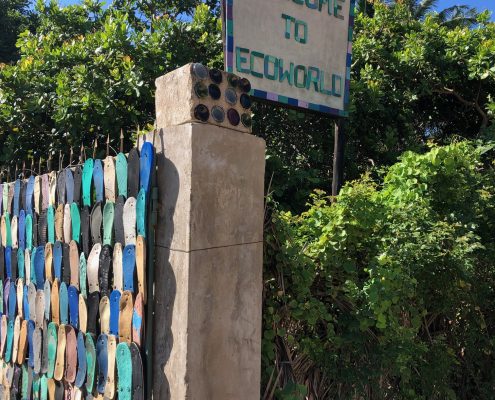SAVING KENYA’S BEACHES – HEMINGWAYS WATAMU
BY CHRIS FORTESCUE
Watamu, situated on the Kenya Coast, approx 120Km North of Mombasa is an exquisite area of natural beauty.
In the 1970’s it was a quiet fishing village and has now become a vibrant village of small businesses grown from tourism.
Harmonious Swahili culture, white sandy beaches with clear turquoise waters, expanse of mangrove forests, tributaries, reefs, the Mida Creek (a tidal inlet that expands across 32 km2 and home to different habitats that are influenced by the tide. Includes mud and sand flats, open shallow waters and mangrove forests), an array of islands and stacks, marine, birdlife and wildlife make up this delightful area.
The ancient, archeological site of the medieval Swahili-Arab settlement, The Ruins of Gedi, offer an important insight into this areas historical past.
Watamu means ‘Home of the Sweet People” in Swahili and whose philosophy is “There is never a problem that cannot be solved”.
There is however a global problem not only within this area but the World as a whole. This is the ever increasing plastic pollution washed up on the shores by Ocean currents or brought down on the rivers from the cities. All created by humans disregard for the environment.
The people of Watamu are tackling this head on and have taken it upon themselves to do something about it.
For years the community of Watamu have been cleaning up its beaches, originally unusually shaped driftwood, perhaps from old boats or dhows. More recently pollution has been increasing and becoming the ever more common.
Beach clean ups have therefore become more regular with the local community, businesses, hoteliers, hotel guests and school children getting involved. The Kenya Wildlife Service who take care of the oldest Marine Park in Kenya do what they can to protect the beaches and marine life.


